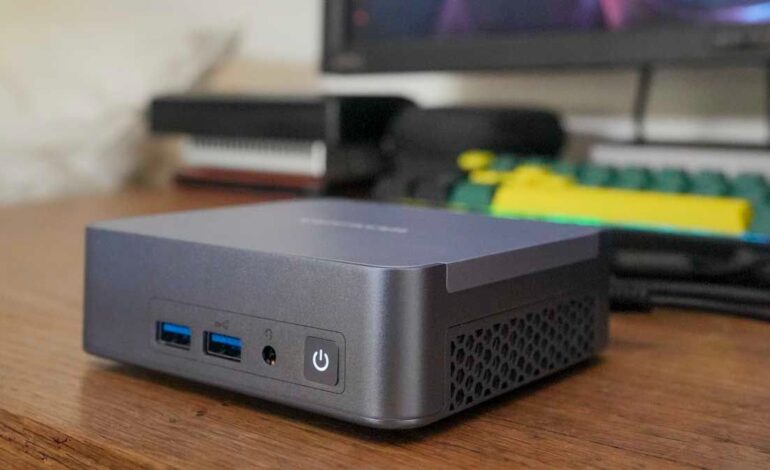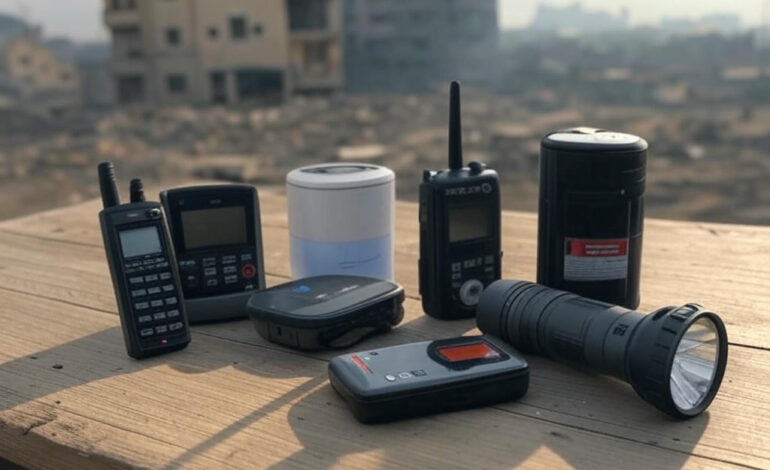
Mini PCs have emerged as efficient and compact alternatives to traditional desktop computers, offering a balance of performance, energy efficiency, and space-saving design. These devices are particularly suitable for users who prioritize a clutter-free workspace and do not require the mobility of laptops.

Key Advantages of Mini PCs
- Compact Design: Mini PCs occupy significantly less space than standard desktop towers, making them ideal for minimalist setups or areas with limited space.
- Energy Efficiency: Equipped with low-power processors, mini PCs consume less electricity, contributing to lower energy bills and a reduced environmental footprint.
- Adequate Performance: While not designed for high-end gaming or intensive computational tasks, many mini PCs handle everyday computing needs such as web browsing, document editing, and media playback efficiently.Laptop Mag
- Versatility: These devices can serve various purposes, including home offices, media centers, digital signage, and educational tools.
Considerations Before Switching
- Limited Upgrade Options: Due to their compact size, mini PCs often have limited or non-existent upgrade paths for components like graphics cards or additional storage.
- Peripheral Dependence: Unlike laptops, mini PCs require external peripherals such as monitors, keyboards, and mice, which could add to the overall cost and setup complexity.
- Performance Constraints: While suitable for general tasks, mini PCs may struggle with resource-intensive applications like advanced video editing or 3D rendering.
Popular Mini PC Options
Several mini PCs cater to different user needs and budgets:
- Intel NUC 11 Performance Mini PC: Known for its balance of performance and size, suitable for home and office use.
- Apple Mac Mini M1: Offers robust performance with Apple’s M1 chip, ideal for users within the Apple ecosystem.
- ASUS PN50 Mini PC: Features AMD Ryzen processors, providing good performance for multitasking and media consumption.
- HP EliteDesk 800 G6 Mini: Designed for business environments, offering reliability and security features.
- Lenovo ThinkCentre M90n Nano: A compact solution for enterprise users, emphasizing energy efficiency and manageability.
Conclusion
Mini PCs present a compelling option for users seeking a space-saving and energy-efficient computing solution for everyday tasks. While they may not replace high-performance desktops for all users, they offer sufficient capabilities for general use, making them a viable alternative in many scenarios.


